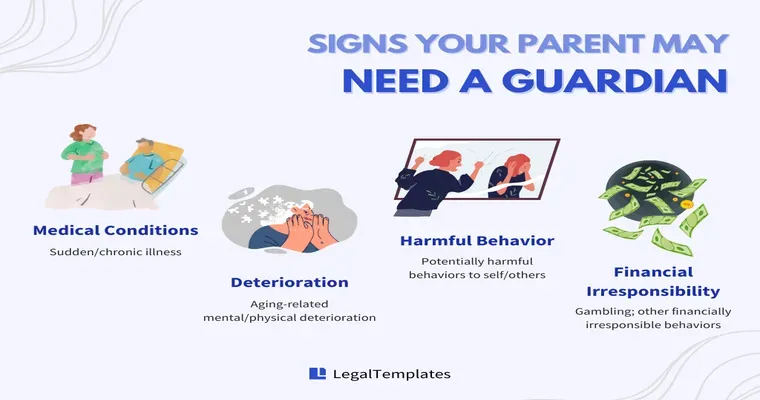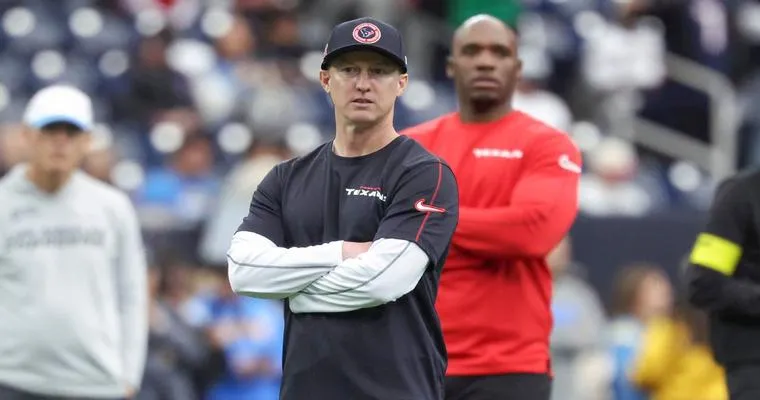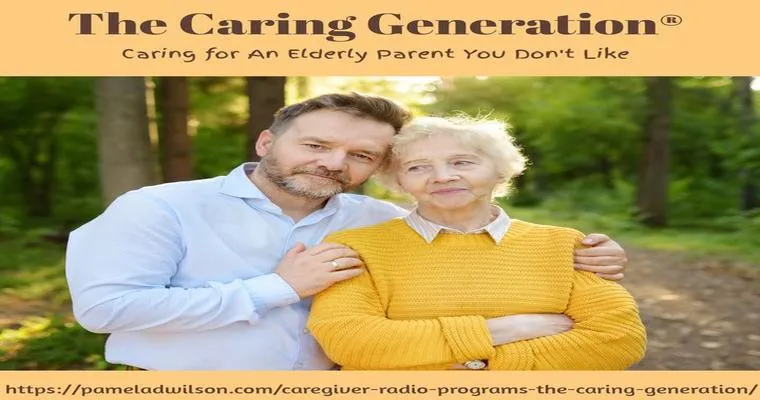When it comes to ensuring the well-being of elderly individuals, the role of a "guardian" is crucial. A guardian for the elderly is responsible for making important decisions regarding the "healthcare", "finances", and overall "welfare" of their wards. As the population ages, understanding the specific duties of a guardian becomes increasingly important for families and communities alike.
One of the primary responsibilities of a guardian is to manage the "healthcare" needs of the elderly person. This includes making medical decisions, ensuring that the individual receives appropriate medical care, and maintaining communication with healthcare providers. Guardians must be well-informed about their ward's medical conditions and treatment options, advocating for their best interests at all times.
In addition to healthcare management, guardians also play a vital role in overseeing the "financial" affairs of their wards. This encompasses budgeting, paying bills, and managing assets. A guardian must ensure that the elderly person's financial resources are used wisely and that they are safeguarded against potential exploitation or mismanagement. This duty often involves working closely with accountants or financial advisors to create a stable financial future for the elderly individual.
Another significant duty of a guardian is to provide "emotional support" and companionship. Elderly individuals may experience loneliness and isolation, making it essential for guardians to engage with them regularly. Guardians should foster a supportive environment, encouraging social interactions and activities that promote mental and emotional well-being.
Guardians are also responsible for making decisions regarding the "living arrangements" of their wards. This may involve evaluating whether the elderly person can continue living independently or if alternative arrangements, such as assisted living or nursing homes, are necessary. The guardian must consider the preferences and best interests of the elderly individual while ensuring their safety and comfort.
Furthermore, guardians must stay informed about any legal obligations related to their role. This includes understanding the laws surrounding guardianship in their jurisdiction and ensuring compliance with all legal requirements. They may need to report to the court periodically, providing updates on the ward's condition and the management of their affairs.
In conclusion, the duties of a guardian for the elderly encompass a wide range of responsibilities, including managing "healthcare", overseeing "finances", providing "emotional support", making decisions about "living arrangements", and fulfilling legal obligations. As the number of elderly individuals increases, the importance of knowledgeable and compassionate guardians cannot be overstated. By fulfilling these duties, guardians play a pivotal role in enhancing the quality of life for elderly individuals, ensuring they receive the care and support they need during their later years.





